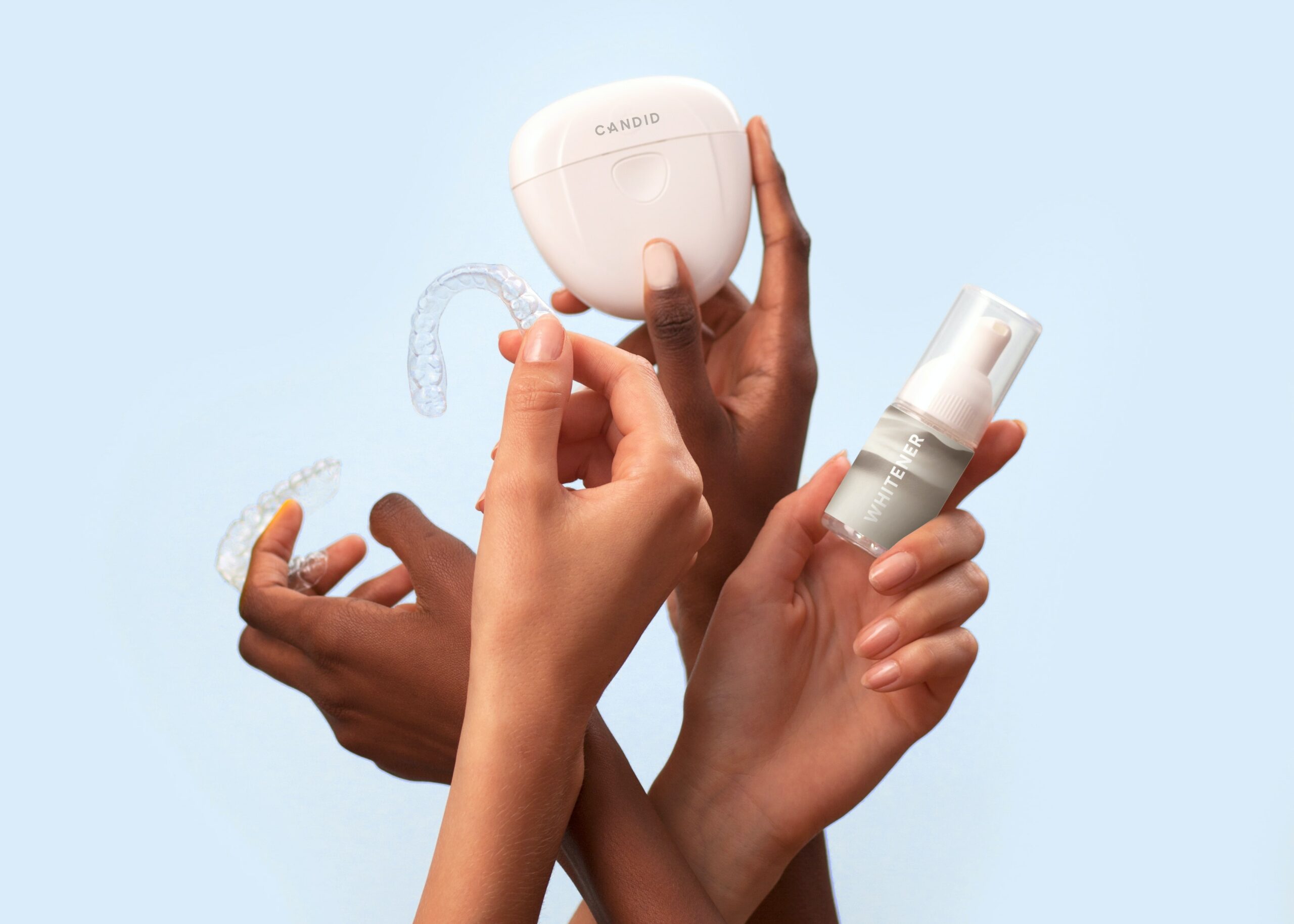Maintaining good dental hygiene is essential for overall oral health and well-being. However, there are many misconceptions and myths that surround dental care, leading people to make wrong decisions and potentially compromise their oral health. This article explores and debunks some of the most prevalent myths surrounding dental hygiene to help you make informed choices and maintain a healthy smile.
Myth 1: Brushing Harder and More Often is Better
One of the most common misconceptions is that brushing your teeth vigorously and frequently will lead to cleaner teeth. However, this is far from the truth. Brushing too hard can actually damage your tooth enamel and irritate your gums, leading to sensitivity and other oral health issues. Instead, dentists recommend using a soft-bristled toothbrush and a gentle circular motion to clean your teeth thoroughly. Brushing twice a day, ideally after meals, is sufficient to maintain good oral hygiene.
Myth 2: If My Gums Bleed While Brushing, I Should Stop
Many people assume that bleeding gums during brushing is a sign that they should back off or stop brushing altogether. However, the opposite is true. Bleeding gums often indicate early-stage gum disease called gingivitis, which is caused by plaque and bacteria buildup along the gumline. Continuing to brush gently and consistently, along with flossing, will help improve gum health. If the bleeding persists, it’s crucial to visit a dentist for a thorough examination.
Myth 3: Mouthwash Can Replace Brushing and Flossing
Mouthwash can be a valuable addition to your dental hygiene routine, but it should not replace regular brushing and flossing. While mouthwash can freshen breath and reduce bacteria in the mouth, it does not effectively remove plaque and food particles from the teeth and gums. Brushing and flossing remain the most critical components of proper oral hygiene.
Myth 4: I Don’t Need to See a Dentist If My Teeth Look Fine
Even if your teeth appear healthy and you experience no pain, regular dental check-ups are essential. Dentists can detect oral health issues in their early stages, preventing them from becoming more severe and costly to treat. Additionally, dental professionals can perform professional cleanings to remove stubborn plaque and tartar that regular brushing might miss.
Myth 5: Sugar is the Only Cause of Cavities
While excessive sugar consumption is a significant contributor to tooth decay, it is not the only factor. Starchy foods like chips, crackers, and bread can also break down into sugars, promoting bacterial growth in the mouth. Additionally, poor oral hygiene, infrequent dental check-ups, and acidic foods and drinks can all contribute to cavities. It’s essential to maintain a balanced diet and proper dental care to prevent tooth decay effectively.
Myth 6: Natural Remedies Can Cure Cavities
The internet is rife with claims of natural remedies that supposedly cure cavities. However, once tooth enamel is damaged, it cannot regenerate. Only a professional dentist can treat cavities effectively through fillings or other necessary procedures. Relying solely on natural remedies may allow cavities to worsen, leading to more severe oral health issues.
Dental hygiene is not only about brushing and flossing regularly but also involves understanding the truth behind common myths that surround oral care. By dispelling these misconceptions, we can promote better dental practices and maintain a healthy smile throughout our lives. Remember to brush gently, floss regularly, visit your dentist for check-ups, and maintain a balanced diet to keep your teeth and gums in optimal condition.



